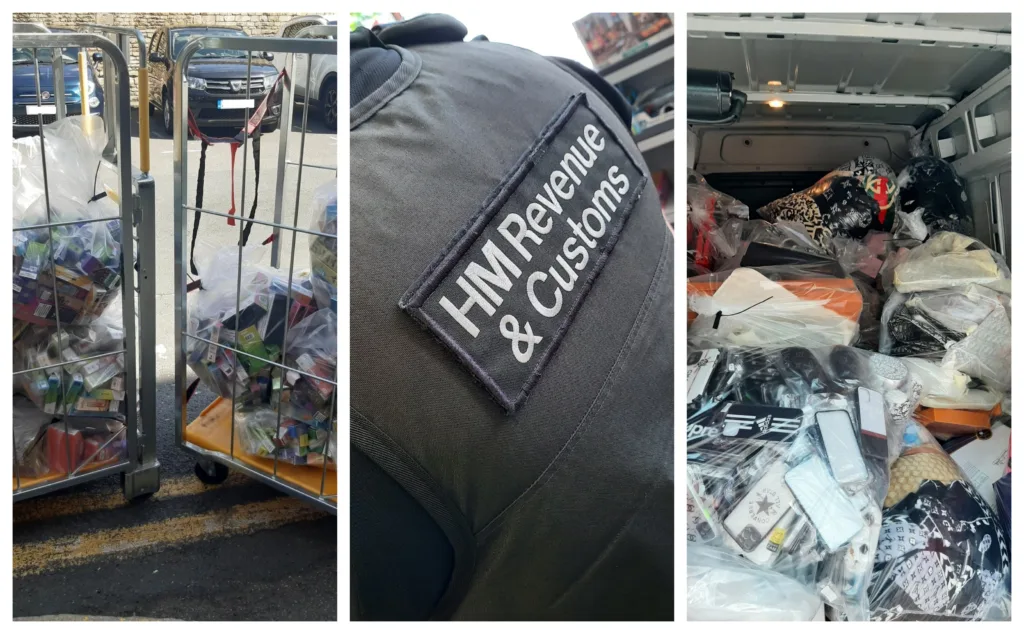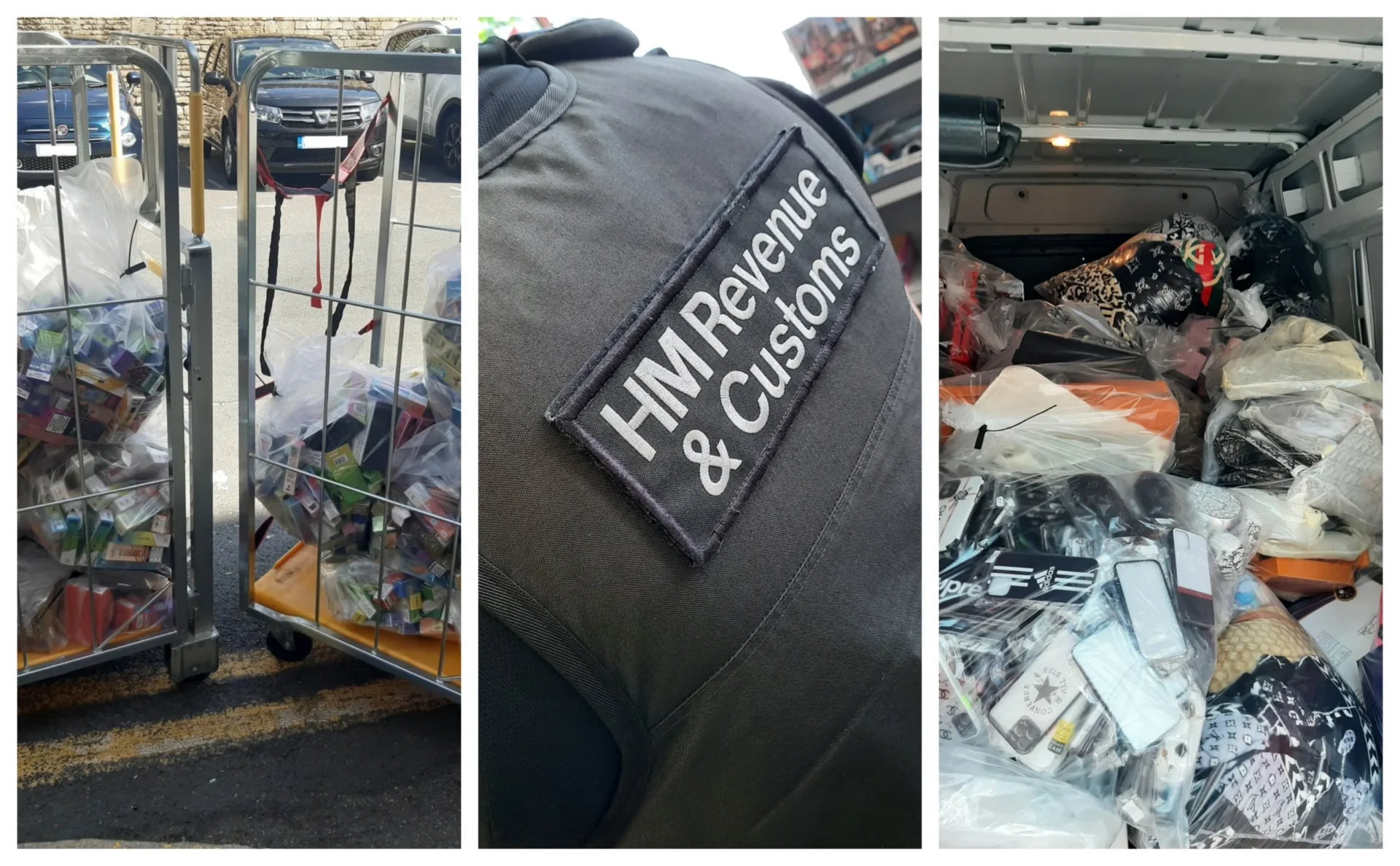Wisbech may see itself as the capital of the Fens, but a new report points it to it being the ‘capital’ of Cambridgeshire for the sale and distribution of illicit tobacco and vapes. The annual report of Cambridgeshire and Peterborough Trading Standards singles out Wisbech as being a ‘particularly problematic area’.
The report, to the Cambridgeshire County Council communities, social mobility, and inclusion committee on January 11, highlights Wisbech as one of its major – if not principal – concern.
Looking ahead to 2024 the report says trading standards’ main objective remains the disruption of the trade in illegal tobacco at a local level.

Operation CeCe is a joint HMRC-National Trading Standards operation which has been working to seize illicit tobacco since January 2021.
The report says that in Cambridgeshire in 2023, the operation “has had substantial seizures in Huntingdonshire and Fenland, especially Wisbech, which is a particularly problematic area for illicit tobacco and vapes.
“In a joint operation in Wisbech, 5,288 vapes were seized from six premises along with 28,040 cigarettes (1402 packs), and 1.9kg of hand rolling tobacco.
“This was considerable disruptive work and is an example of many other cases with significant seizures. Concealments were found in staircases and a stud wall.”

Trading Standards says that, with support from public health officials, it has taken part in Operation CeCe at local level “aimed at disrupting the activities of sellers of illicit tobacco.
“HMRC has an interest in terms of the unpaid duty on such goods. Trading Standards takes an interest in the labelling of the items, which do not comply with the labelling requirements for the sale of such tobacco products in the UK.
“During 2022/23, Trading Standards Officers seized illicit tobacco products totalling 28,040 cigarettes and 1.4kg of illicit hand rolling tobacco from premises in the county.
“However, the issue of illicit nicotine containing e-cigarettes (commonly referred to as “vapes”) has become a more prominent concern during the period”.
The report says that during the same inspections, 5,288 non-compliant vapes were also seized under tobacco labelling regulations for failing to meet the capacity limits and labelling requirements.
“Further illicit tobacco and e-cigarette inspections are planned for this year, with support from public health, HMRC, police and district councils,” the report adds.
In a separate section the report tackles the issue of protecting the health of young people.
It promises that officers will work closely with colleagues in public health “to reduce the harm from smoking, and with enforcement partners to disrupt criminality in communities.

“This will relate to collaboratively working to stamp out and disrupt matters relating to illicit tobacco, underage sales, and vaping”.
Trading Standards says the The Finance Act 2022 legislated for tougher sanctions to be introduced to tackle the sale of illicit tobacco, which is any tobacco product sold in the UK without the payment of excise duty.
A Tobacco Track and Trace (TT&T) system introduced in 2019 tracks legitimate tobacco products through the supply chain. New sanctions have been introduced based on detection of non-compliance with the system.

The report says that failure to meet the requirements can result in:
- A penalty of up to £10,000 for holding products that do not meet the rules
- The seizure and potential destruction of tobacco products
- The deactivation of a business’s economic operator ID, temporarily or permanently, where they persistently break the rules
- Restricting or removing the ability to purchase or sell tobacco in the UK
The report says: “Currently, in 2023 and across 2024/25, the service will focus on disruption activities to close repeat offender premises and to ensure better outcomes for the younger community.
“Officers will work closely with public health on its smoking cessations programmes to enhance greater health outcomes for all smokers but particularly new vapers, who in the main have moved straight to vaping and not from tobacco in its traditional forms which is high risk.”






















